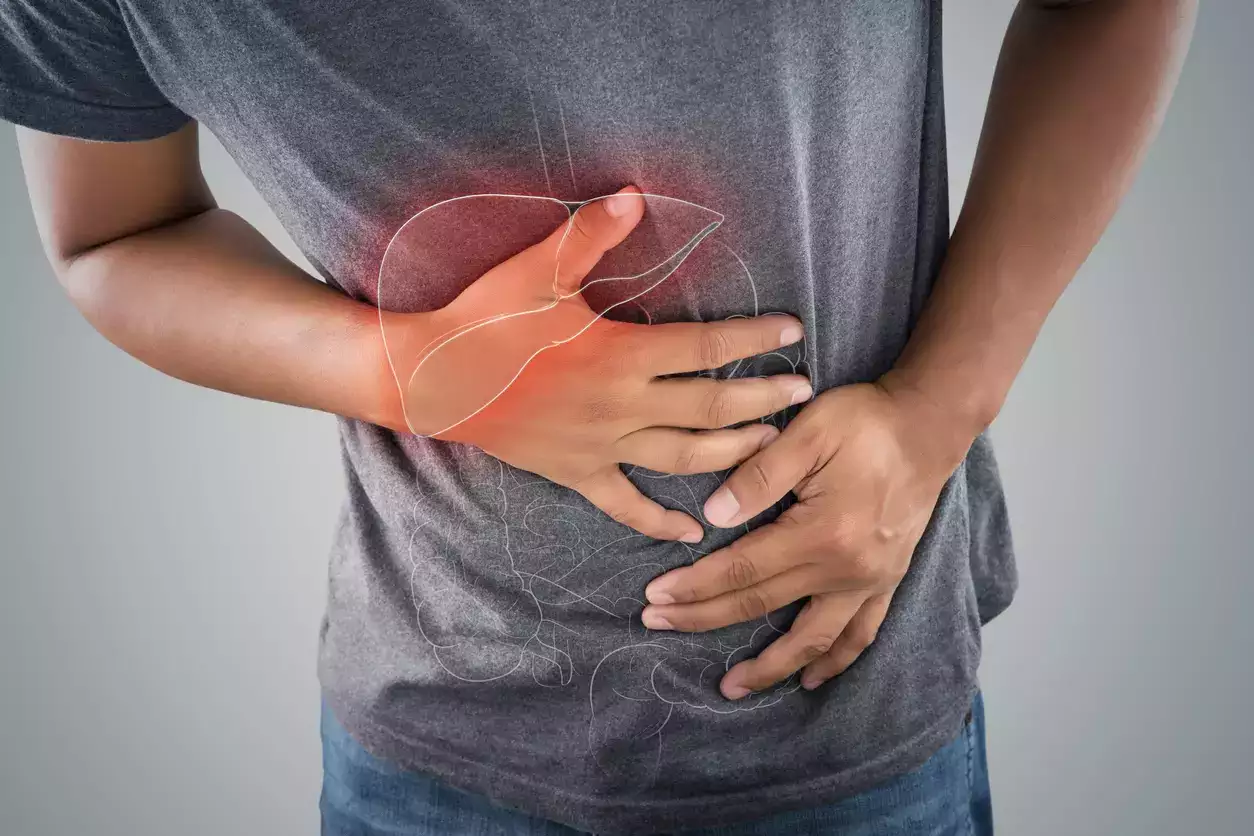Liver cancer, also known as hepatocellular carcinoma, is a type of cancer that begins in the liver, an organ located in the upper right part of the abdomen. The liver is responsible for many important functions in the body, including filtering toxins from the blood, producing bile, and storing energy. When cancer cells form in the liver, they can grow and spread to other parts of the body, leading to serious health complications.
Symptoms of liver cancer
Many people with liver cancer do not experience any symptoms in the early stages of the disease. As the cancer progresses, symptoms may start to appear. Some of the most common symptoms of liver cancer include:
Pain in the upper right side of the abdomen: This pain may be dull or sharp, and it may become worse when you move or lie down.
Swelling in the abdomen: As the liver cancer grows, it may cause swelling in the abdomen. This can cause the abdomen to feel full or tight.
Weight loss: People with liver cancer may lose weight without trying. This can be due to the cancer using up energy stores in the body or due to a loss of appetite.
Nausea and vomiting: Some people with liver cancer may experience nausea and vomiting, which can be caused by the cancer or by the buildup of toxins in the body due to liver failure.
Jaundice: This is a condition in which the skin and whites of the eyes become yellow. It is caused by a buildup of bilirubin, a substance produced by the liver, in the blood.
Fatigue: People with liver cancer may feel tired or weak due to the cancer using up energy stores in the body or due to liver failure.
Itching: Some people with liver cancer may experience itching due to a buildup of bile in the skin.
Enlarged veins: As the cancer grows, it may cause the veins in the abdomen to become enlarged and visible.
Fever: Some people with liver cancer may develop a fever due to an infection or inflammation in the body.
Treatment for liver cancer
The treatment for liver cancer depends on the stage of the cancer and the overall health of the patient. Some of the most common treatments for liver cancer include:
Surgery: This is the most common treatment for liver cancer. During surgery, the cancerous part of the liver is removed. This can be done through an open surgery, in which a large incision is made in the abdomen, or through laparoscopic surgery, in which small incisions are made and a laparoscope (a small camera) is used to guide the surgery.
Liver transplant: In some cases, a liver transplant may be recommended. During this procedure, the patient’s cancerous liver is removed and replaced with a healthy liver from a donor.
Radiofrequency ablation: This is a minimally invasive procedure in which high-frequency radio waves are used to heat and destroy cancer cells.
Cryotherapy: This is a minimally invasive procedure in which a special device is used to freeze and destroy cancer cells.
Chemotherapy: This is a treatment that uses powerful medications to kill cancer cells. Chemotherapy can be given intravenously (through a vein) or orally (in pill form).
Targeted therapy: This is a treatment that targets specific proteins or genetic changes in cancer cells. It may be used in combination with chemotherapy or as a standalone treatment.
Immunotherapy: This is a treatment that helps the immune system recognize and attack cancer cells. It may be used in combination with chemotherapy or as a standalone treatment.

 Home
Home Health
Health Diet & Nutrition
Diet & Nutrition Living Well
Living Well More
More












